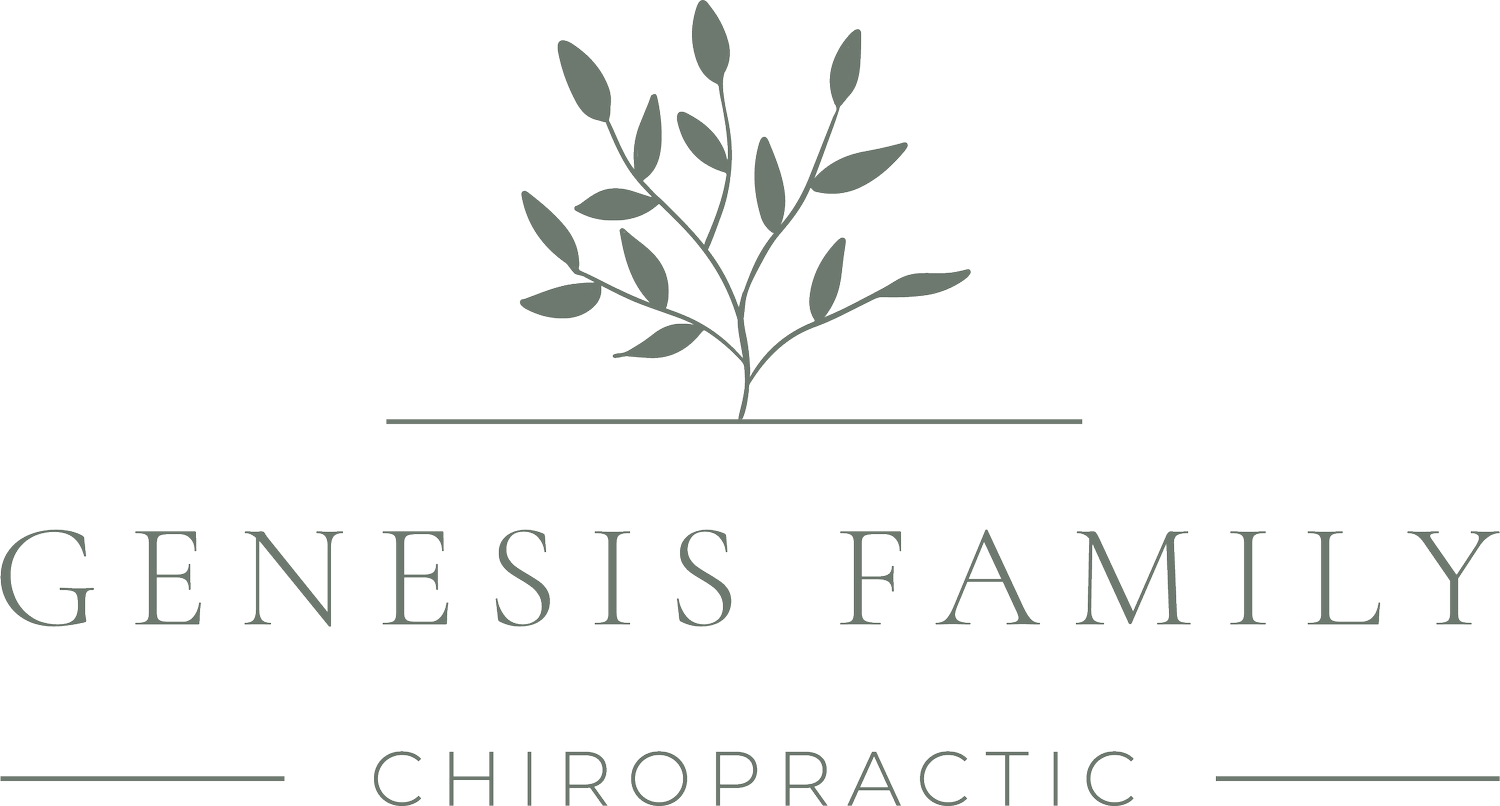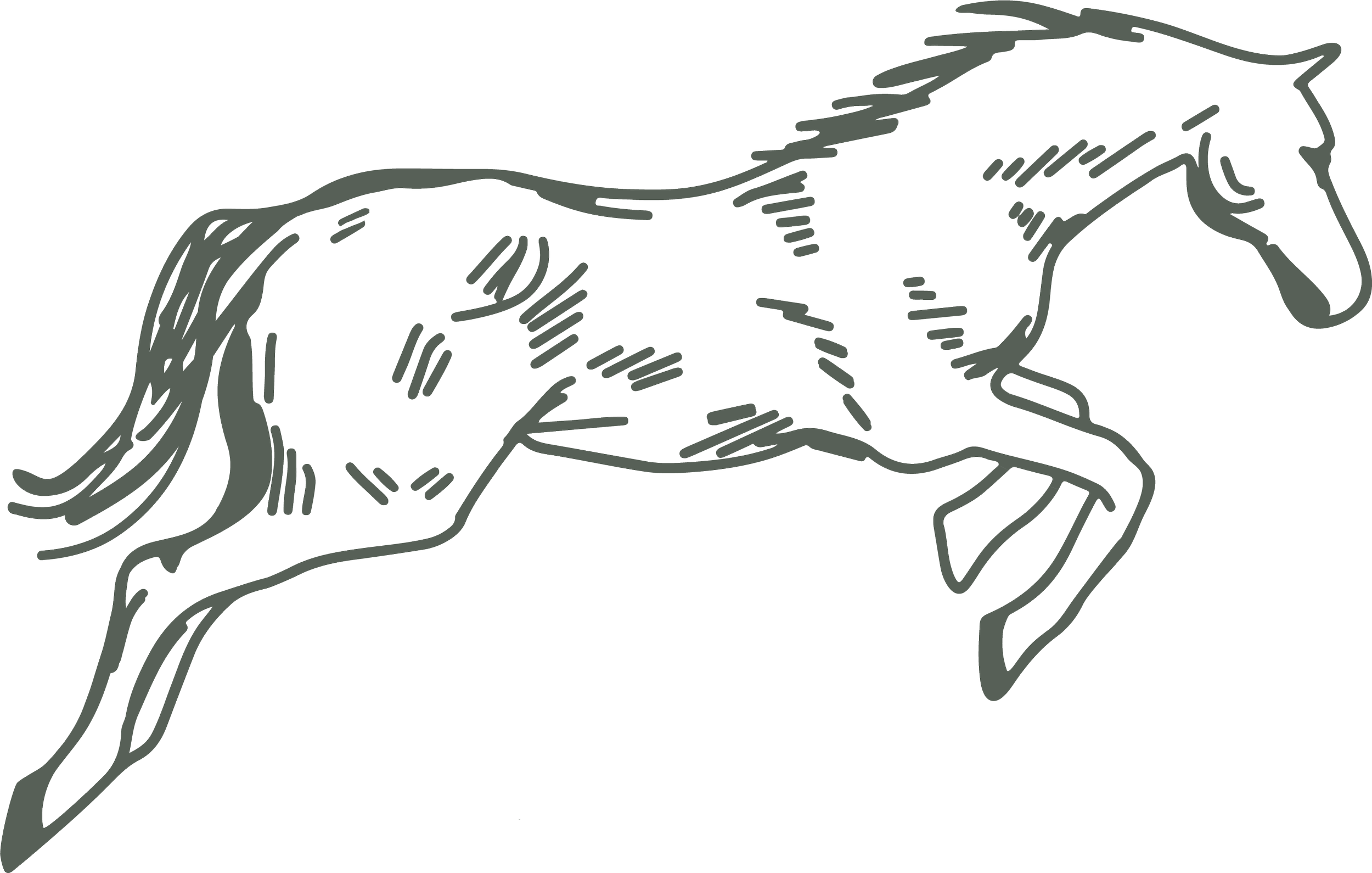
“Animal Chiropractic is the science, art, and philosophy concerned with good health through restoration and maintenance of a properly functioning neuromusculoskeletal system, without the use of drugs or surgery.
Animal Chiropractic care is a manual therapy, which can be used for many health and performance problems. It focuses on the biomechanical dysfunction of the spine and its effect on the entire nervous system throughout the body.
Animal Chiropractic treatment does not replace traditional veterinary medicine; however, it can provide additional means of diagnosis and treatment options for spinal problems as well as biomechanical related musculoskeletal disorders. Animal Chiropractic can often eliminate the source of acute or chronic pain syndromes.”
Benefits of Animal Chiropractic
Animals who receive regular adjustments see improvements in the following:
Increased joint mobility
Improved digestion
Less allergies
Better athletic performance
Improved gait
Less stiffness
Less ear and eye infections
Better post-surgery recovery
Improved sensitivity to touch
Improved pain
Reduced lick granulomas
Improved birthing difficulties
And so much more!
Who Can We Serve?
While we can serve almost any animal that has a spine, our usual practice members include many of the following:
Cats
House/pleasure dogs
Performance and Service dogs
Pleasure and Performance horses
Newborn kittens, puppies, and foals
Show livestock
Rescued animals
Exotics
Signs Your Animal May Need Care
Your animal is a prime candidate for chiropractic care if they exhibit any of the following:
Changes in gait
Difficulty lying down or getting up
Behavioral changes
Lameness
Hunched posture
Resistance to being touched
Inability or difficulty eating
Allergies
What New Practice Members Can Expect
-
We respect your time, so prior to your first appointment we will have you fill out your New Practice Member paperwork for your animal(s) and submit it online so that we can make the most of your time at your visit.
Dr. Storm will review the paperwork and health goals that you have for your animal(s) with you before beginning her comprehensive exam. This exam includes reviewing any previous x-rays if applicable, gait and posture analysis, a musculoskeletal exam, as well as static and motion palpation of the spine and extremities.
After this consultation and examination, Dr. Storm will perform gentle and specific manual adjustments to your animal’s spine and extremities to correct any subluxations present. She will work with you to establish a care plan unique to your animal’s needs and goals.
-
The frequency of adjustments will vary from case to case. There are conditions that require once every other week adjustments and others that only require adjustments once every 8-12 weeks.
Chiropractic adjustments are retraining the nervous system to support the spine and body in maintaining a new optimal state of health. All of the supporting ligaments, muscles, and tendons are changing and adapting as well. This process takes time and repetition!
-
Adjustment prices vary by animal and are as follows:
Initial Visit Small Animal: $80
Initial Visit Large Animal: $160
Subsequent Visits Small Animal: $55
Subsequent Visits Large Animal: $110
*House Call/Farm Visit Fees:
First 0-25 miles: $30
Each 10 mile increment beyond 25 miles is an additional $10
*house call/farm visit fees are in addition to adjustment prices.
-
-
Should the adjustment make a “popping” sound?
No. Most animal chiropractic adjustments will not make a cavitation (popping) sound.
Animal chiropractic adjustments should look uneventful and gentle. The absence of a cavitation during your animal’s adjustment is NORMAL.
We do not force joints to make noise and their spinal anatomy is not built to cavitate. The more noise you hear is not indicative of a better adjustment; in fact, if a forceful adjustment is delivered it could be potentially damaging to your animal’s joints.
What are some factors that can cause these subluxations?
Excess weight
Arthritis
Genetic/anatomic predisposition
Previous physical trauma
Emotional distress
Poor nutrition
Medication(s)/Antibiotics
Overuse injuries
And more…
What training does Dr. Storm have that makes her qualified to adjust animals?
Dr. Storm received her certification from Options for Animals College of Animal Chiropractic for completing 210 hours of dedicated animal chiropractic education where she learned from both licensed Veterinarians and Chiropractors.
She is additionally certified by the International Veterinary Chiropractic Association (IVCA).
Dr. Storm received a Bachelors of Science in Animal Science with a concentration in Horse Science from Middle Tennessee State University prior to becoming a chiropractor.
Outside of her formal training and education, Dr. Storm has grown up with animals since the age of 4. She’s owned cats, dogs, rabbits, and horses but has a love and passion for all animals. For most of her life she thought she was going to become a Veterinarian! She has extensive experience working with horses specifically across multiple Western and English disciplines, but is also well versed in livestock animals.
My animal doesn’t have any of the problems you’ve mentioned. Why do you recommend they still need adjustments?
For animals that don’t have any outward or noticeable health issues, chiropractic is the best preventative care you can do for them as it keeps them in an optimal state of health physically and mentally.
Taking care of your animal with chiropractic during their younger years can help prevent age related issues later like arthritis, spinal degeneration, nerve degeneration, mental decline, and organ dysfunction.
Certain breeds of animals have anatomical challenges that predispose them to having musculoskeletal issues that lead to physical decline much faster than non-challenged breeds. Examples include any long backed breeds with short legs such as Corgis, Dachshunds, Munchkin Cats, etc. Breeds such as these should consider chiropractic long before there are any physical issues.







